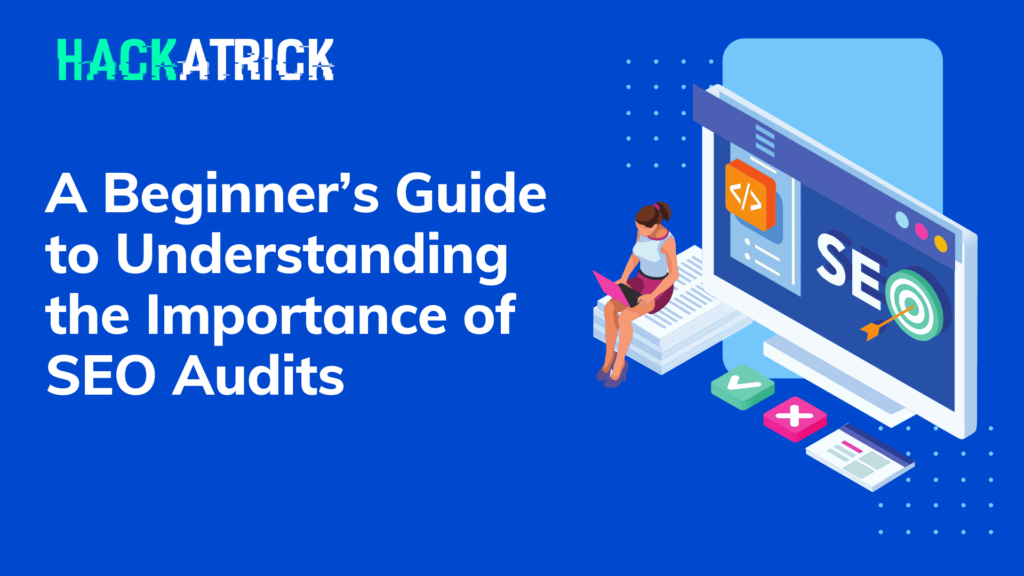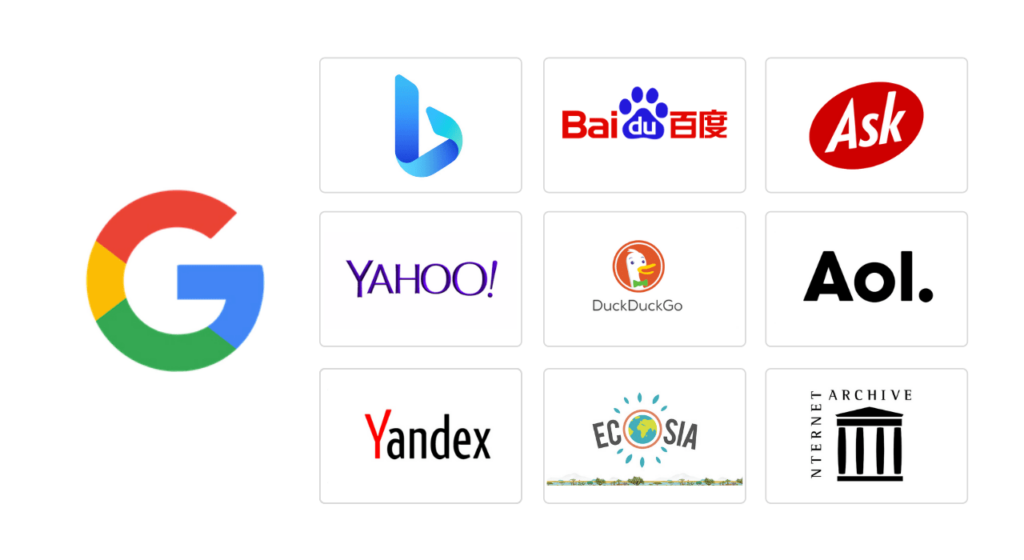
Setting up a website isn’t easy but, even once you’re up and running, you’re only at the start of a very long journey in terms of maintaining a site. The aim of any website is to drive traffic and find users (whether the site is a huge commercial venture or just a one-man blog). However, in today’s media-rich world, it’s becoming increasingly difficult for web admins to make their content stand out from rival services.
The importance of search engines

With so many web pages, to make sense of all this internet noise, search engines have become an essential tool for users. The success or failure of a search engine is directly correlated to the quality of service it provides, so search platforms constantly try to find ways to deliver the best content to their users.
In recent years, one particular internet search service – Google – has come to the fore and virtually obliterated all other competitors. Google now accounts for around 92% of all search-engine-generated traffic, and its success is largely attributable to the fact that the firm quickly established itself as the most reliable and consistent search system. Incidentally, its sister company, YouTube, is also the second most popular search engine.
How professional SEO can help your page rankings
Search Engine Optimization (SEO) refers to a range of processes that are used to help push sites higher up Search Engine Results Pages (SERPs) under specific keywords and phrases likely to be used by people looking for particular content.
A specialist SEO company like www.clickintelligence.co.uk will first perform a full audit on a company site to identify potential problem areas before then starting on a dedicated web marketing campaign which can include everything from site repairs to content creation and building backlinks.
A brief look at how search engines prioritize content

Google’s first search system was based on an (at the time) revolutionary concept that checked the number and quality of inward links to a site to assess its relative popularity and, therefore, its perceived quality.
The algorithm Google now employs is vastly more complex and sophisticated, but its overall aim remains the same – to serve its users the best caliber content. In doing so, Google’s spiders now check everything from Standards Compliancy to responsiveness on different screens and even the quality and grammatical accuracy of text.
It’s for this reason that performing a periodic website audit on your pages is so important. In short, if your site doesn’t meet Google’s exacting standards, the platform will punish you with lower listings, thereby reducing the chances of you attracting visitors.
Common problems found by Google’s spiders that result in lower rankings
The criteria Google’s algorithm uses to generate its SERPs remain a closely guarded secret. However, research has revealed many commonly recurring problems that the platform penalizes. Indeed, in some cases, Google is quite open about aspects it views as problematic, including:
- Technical errors, missing pages, missing images, etc
- Non-responsive design
- Poorly written, inaccurate text
- Structural issues with a website or its navigation
- Bad user experience or interface design
- On-page SEO issues, keyword stuffing, lack of meta-information, etc
If you suspect your site suffers from any of the above, you should act immediately and hire the services of an expert provider to perform a full audit on your pages.


